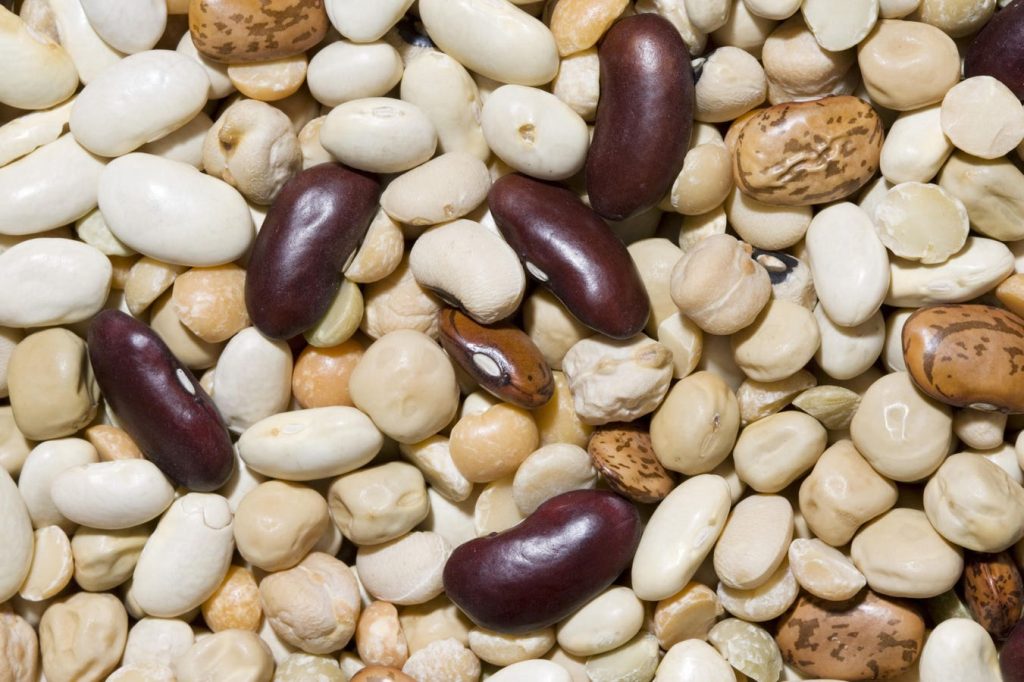A recent study published in Maturitas suggests that increasing the daily consumption of chickpeas and beans can not only add more fiber to a person’s diet but also increase the intake of essential nutrients such as magnesium, iron, folate, and potassium. The study emphasizes that avoiding beans in one’s diet could lead to nutrient deficiencies and negative public health consequences. The authors advocate for promoting increased bean consumption in American adults to improve overall health.
Lead author Yanni Papanikolaou and colleagues analyzed data from the National Health and Nutrition Examination Survey’s What We Eat in America program to study how often U.S.-based adults consume beans. They found that adults who regularly ate white and red kidney beans, black beans, chickpeas, and pinto beans had better ratios of fatty acids compared to those who did not consume beans. Additionally, bean consumers tended to eat more fruits and vegetables, further improving their overall nutrient intake.
Beans and other legumes are considered low-impact foods due to their minimal impact on the environment and positive effects on soil fertility. The inclusion of beans in American dietary patterns has been recommended by current and past Dietary Guidelines for Americans. However, less than 20% of the population meets the recommendations for bean, peas, and lentil consumption. The study found that canned beans account for about 75% of bean sales in the US, showing their popularity among consumers.
Previous studies have also shown various health benefits associated with daily bean consumption. One study found that women who ate more beans had a reduced risk of cardiovascular disease and heart failure compared to those who consumed meat-based diets. Similarly, the Mediterranean Diet, which includes high levels of legume consumption, has been linked to significant reductions in coronary heart disease and cancer mortality rates. These findings highlight the importance of including beans in one’s diet for overall health and well-being.
The study also noted that while sodium levels were higher in some bean dietary patterns compared to non-bean consumers, potassium intake levels were significantly higher in all bean patterns. This emphasizes the importance of balancing potassium and sodium intake to maintain good health. The authors recommend considering these factors when assessing dietary choices and promoting bean consumption as part of a balanced diet. Increasing bean consumption can lead to improved nutrient intake, better overall health, and reduced risk of chronic diseases.


